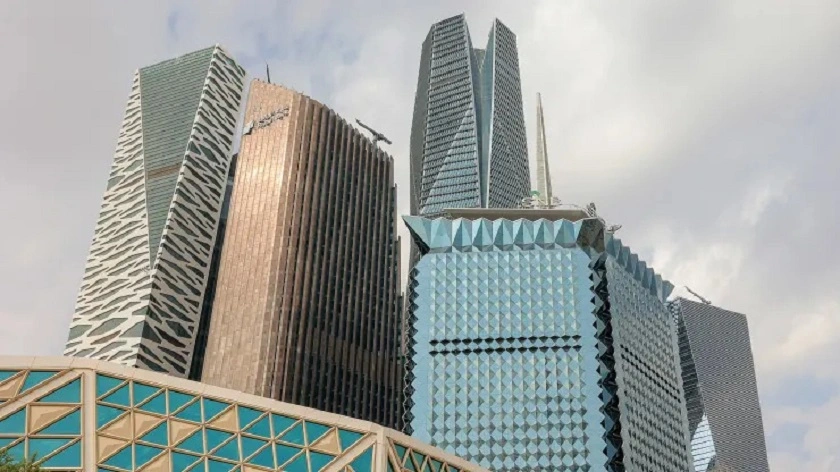RIYADH — Saudi Arabia has kept its threat that foreign companies will not be able to get lucrative government contracts if they don’t move their regional offices to the kingdom. January 1, 2024, is the last day.
The Saudi government shocked everyone in February 2021 when it said it would stop doing business with any foreign companies whose regional headquarters were not based in the country by 2024.
The news shocked investors and foreign workers. Many saw it as a jab at Dubai, which is the commercial capital of the United Arab Emirates and home to most of the Middle East’s regional offices.
The Saudi minister of economy and planning, Faisal Al Ibrahim, told that the plan is still moving forward. He also talked about how the kingdom plans to help foreign companies with the change.
Al Ibrahim said, “The deadline is still current.” Additionally, there are some advantages and reasons why moving will make sense.
You will be Interested on : Incorporate Company in Saudi Arabia
The minister spoke from Riyadh at the Future Business Initiative, a three-day conference on finance and business held every year by Saudi Arabia’s Public Investment Fund. The Vision 2030 project came up with the idea for the initiative.
“A lot of different incentives, benefits, and forms of support that are always changing and growing are also being talked about with these players,” Al Ibrahim said. “That’s why it’s not just a bad thing.” Additionally, there is a lot of good reinforcement.
‘A lot of momentum’
Crown Prince Mohammed bin Salman started the big Vision 2030 campaign in 2016. Its goals are to create jobs in the private sector and move Saudi Arabia’s economy away from oil as the country’s population grows—more than 60% of its people are under 30 years old. That includes the kingdom’s drive for a regional headquarters location.
When the HQ ultimatum was first made public, it was met with doubt and criticism from many investors and analysts in the region. They didn’t believe that Saudi Arabia, a notoriously conservative Muslim theocracy known for its poor human rights record, could really attract enough talented people from other countries. Dubai is the regional headquarters hub, and expats there questioned whether the kingdom could provide enough quality-of-life services, such as foreign schools, enough housing, and parts of a more Western lifestyle, like alcohol, which is illegal in Saudi Arabia right now.
However, more businesses are interested in Saudi Arabia’s big and mostly untapped market, Al Ibrahim said. As a result, the kingdom is getting a lot of attention, and investment is growing quickly. Several thousand foreign investors and financiers from all over the world were at the FII meeting in Riyadh last week, which seemed to be a good sign of that interest.
The minister said, “We’re seeing a lot of momentum going through. We definitely prioritize the companies that bring value creation to where value is consumed, that create high-quality jobs for people in Saudi Arabia, Saudis, and others, and that actually help us get the quality outcomes we need from our needs, whether it’s services or goods, in a better and more meaningful way.” The kingdom is getting applications every day.
Keep reading : Company Formation in Saudi Arabia
“The responses from the companies are very meaningful and very positive,” he said. “Our value has been going to other economies for decades, which is fine.” But now, he said, “the best bet for [35 million] people and growing is to bring value creation to where the value is consumed.”
“And in the long run, that’s better for these investors because these businesses can move closer to these markets.” Because there is a lot of young talent in Saudi Arabia, they can use that talent, along with the rest of the platform, to make their business even more competitive in other areas. In the end, we believe that this will not only help Saudi Arabia improve its situation and purchasing policy, but it will also have a big impact on these businesses and the economies nearby.
Source : cnbc.com

